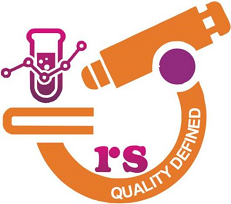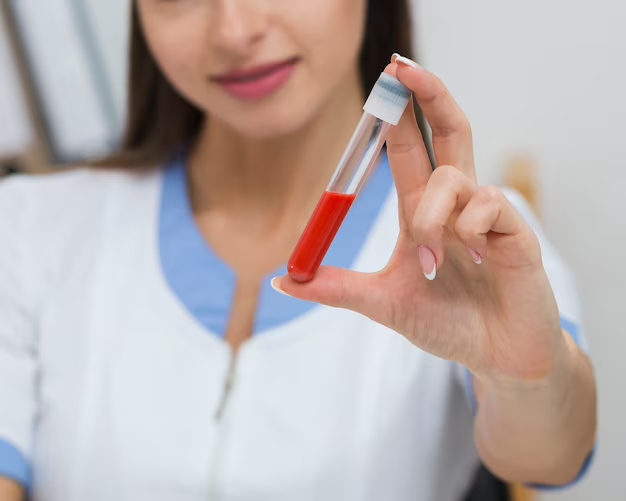Phone : +918147282686
FREE HOME COLLECTION OF BLOOD TESTS IN YELAHANKA,

Get Peace of Mind from the Comfort of Home!
Worried about your health but can’t find the time for a clinic visit? We’ve got you covered! Enjoy a 50% discount on our hassle-free home blood test collection service.
”? Why Choose R S DIAGNOSTIC FREE Home Collection?
1. Convenience: No need to travel or wait in long lines. Our certified phlebotomists come to you.
2. Privacy: Maintain confidentiality in the comfort of your own home.
3. Accuracy: Our tests are conducted in accredited labs, ensuring reliable results.
4. Affordability: Now even more affordable with our exclusive 50% discount!
What Tests Are Available?
From basic wellness checks to comprehensive health panels, we offer a wide range of tests to suit your needs. Whether it’s cholesterol levels, vitamin deficiencies, or hormone balances, we’ve got you covered.
Limited Time Offer!
Don’t miss out on this incredible deal! Take control of your health today and enjoy the convenience of home blood testing at half the PRICE
The most commonly performed blood test is complete blood cell count. Automated complete blood count also give information for “differential” which gives information about percentages and absolute numbers of different subgroups of white blood cells. This test includes hemoglobin, white blood cell count, platelet count, and detailed red blood cell indices. A pediatrician is frequently challenged for evaluating complete blood count as a part patient’s assessment. An enhanced and complete understanding of this laboratory test is essential for providing quality care of sick and normal children. Here in this paper, we want to share key laboratory interpretation strategies for complete blood count and some clues for differentiating normal from deviations and true problems. This test is necessary in diagnosing anemia, hematological cancers, infections, acute hemorrhagic states, allergies, and immunodeficiencies. Also it is used for monitoring side effects of certain drugs
Cholesterol levels are measured through a blood test called a lipid panel. This test typically measures total cholesterol, HDL (high-density lipoprotein) cholesterol, LDL (low-density lipoprotein) cholesterol, and triglycerides. High levels of LDL cholesterol and triglycerides, along with low levels of HDL cholesterol, can increase the risk of heart disease and stroke. It’s important to get regular check-ups and follow your doctor’s recommendations for managing cholesterol levels through lifestyle changes and, if necessary, medication
Tag
FREE HOME COLLECTION OF BLOOD TESTS IN YELAHANKA BEST DIAGNOSTIC CENTRE IN YELAHANKA FOR HOME COLLECTIONDIAGNOSTIC SERVICES IN YELAHANKAFREE BLOOD TEST COLLECTION AT HALF PRICEEnquiry
Get in touch
R S DIAGNOSTIC CENTRE.All Rights Reserved © 2026








